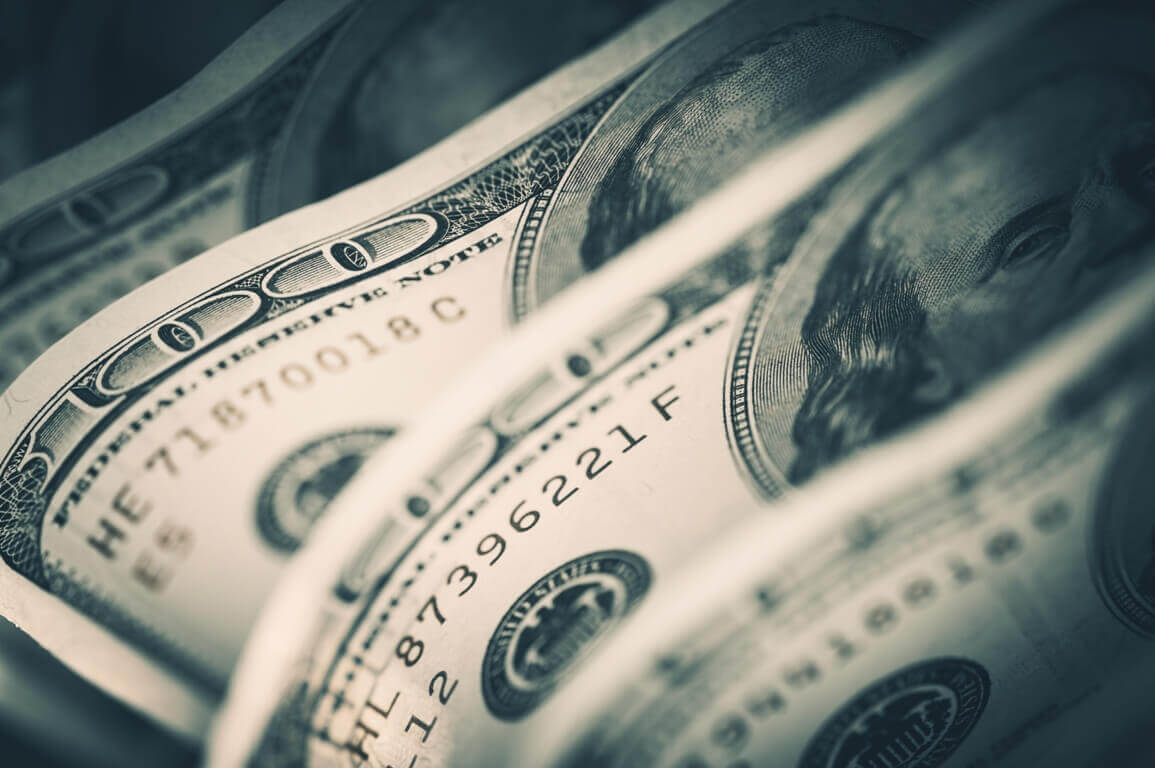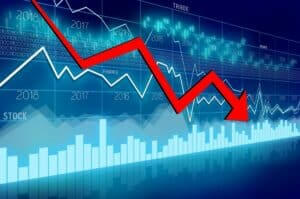The euro decreased against the dollar on Wednesday due to another sharp rally in oil and natural gas prices. Traders waited for U.S. President Joe Biden to set new sanctions against Russia. Biden in Europe currently. He is heading to Brussels for talks with NATO and European leaders. The president will likely push Europe to reduce its reliance on Russian gas and oil. Some analysts think that he will also announce new sanctions on members of the Russian parliament over the latter’s invasion of Ukraine.
However, it seems unlikely for the European Union to agree to a ban on Russian oil currently. Such a decision would weigh on the euro, among other consequences. An embargo on Russian oil would increase the likelihood of the country turning off the gas tap to Europe in return, – noted Ulrich Leuchtmann, the head of FX research at Commerzbank, adding that such a scenario could throw Europe into recession.
Meanwhile, Derek Halpenny, MUFG’s head of research, pointed out that energy markets are worried about the possible disruption of Russian and Kazakh crude exports via the Caspian Pipeline Consortium (CPC). He stated that the primary contagion from a macro picture comes from energy prices. Currently, they are moving in a direction that is not positive. In addition, the pressure on the single currency from the U.S. central bank’s aggressive stance on inflation is resuming after a brief respite.
Several days ago, Federal Reserve Chair Jerome Powell opened the door for increasing interest rates by more than 25 basis points at upcoming policy meetings. Such a stance sent U.S. benchmark 10-year yields sharply higher.
How is the Euro trading now?
The euro began today’s session broadly flat. However, it gradually lost ground against the greenback and tumbled down by about 0.4% below the $1.10 bar. At the same time, the continent’s equity markets also moved into negative territory.
On Wednesday, the dollar index, which measures the U.S. dollar against six major peers, climbed up by 0.25%. On the other hand, the British pound lowered by 0.44% to $1.3204 after hitting its highest against the dollar in almost three weeks.
Inflation soared faster than expected last month in Britain, reaching a new 30-year high. That worsened a historic squeeze on household finances. The country has the second-highest annual inflation rate among Group of Seven. As global commodity and energy prices increase, it is behind only the United States, exacerbated by Russia’s invasion of Ukraine.
Meanwhile, the yen struggled as high commodity prices influenced it negatively. Japan imports the bulk of its energy. Thus, its currency plummeted to a six-year low of 121.415 per greenback overnight. However, the yen managed to recover its losses later and climbed by 0.05% at 120.750 per dollar. Investors expect the contrast between Japan’s dovish policy and the Fed’s perceived hawkish stance to weigh further on the currency.
On Tuesday, Bank of Japan Governor Haruhiko Kuroda noted that it was premature to debate an exit from the ultra-loose policy. Against the Japanese currency, the Aussie dollar skyrocketed to its highest level since December 2015.
What about the EM currencies?
Russia’s ruble declined marginally today. Ukraine announced that talks with Moscow were confrontational, but they were still moving forward. Emerging currencies traded flat against the greenback. The ruble hovered around 104 against the U.S. currency. On the other hand, South Africa’s rand strengthened slightly. The new data showed that headline consumer price inflation remained at 5.7% in February, unchanged from January.
Market players expect the South African Reserve Bank (SARB) to raise its repo rate to 4.25% on Thursday to fight inflation. Shaun Murison, the senior market analyst at IG, noted that the sudden more hawkish stance by developed market central banks provides added incentive for the SARB to raise rates in congruence with its peers and try to limit capital outflows. However, the size of the South African economy remains smaller than it was pre-pandemic. And it will likely remain so in the coming years unless the country manages to stimulate growth significantly higher than what is currently forecasted.
On Wednesday, Turkey’s lira surged forward by 0.2%. According to the data, consumer confidence in the country increased 1.3% in March, rebounding from a drop in the previous month. The Egyptian pound firmed after two days of losses, while the South Korean won remained steady, as well.











